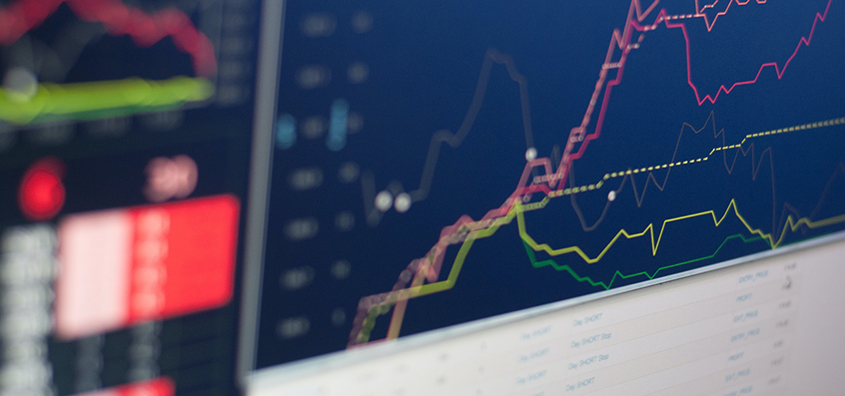Markets in Canada’s largest centre dug themselves out of a hole and sprinted in time for the closing bell Wednesday, as concerns about inflation south of the borders appeared to have been addressed.
The TSX Composite Index roared ahead 208.08 points to close Wednesday at 23,211.17.
The Canadian dollar grew 0.23 cents to 73.7 cents U.S.
Suntory Holdings CEO Takeshi Niinami said in a Reuters NEXT Newsmaker interview that Seven & i responded fairly by rejecting Alimentation Couche-Tard’s $39-billion U.S. takeover bid. Couche-Tard shares lost 45 cents to $76.39.
Dollarama rose $10.13, or 8,1%, to $135.41, after its second-quarter profit beat. Elsewhere in consumer stocks, Restaurant Brands
International soared $2.93, or 3.2%, to $93.52.
In tech stocks, Quarterhill took on six cents, or 3.8%, to $1.63, while Celestica climbed $2.23, or 3.8%, to $61.37.
Health-care stocks also had a banner day, with Bausch Health Companies improving 17 cents, or 2%, to $8.69, while units of Chartwell Residential Residences gathered 14 cents to $15.38.
Communications went south, however, with Cogeco sinking $1.10, or 1.7%, to $65.30, while BCE backpedaled 27 cents to $47.76.
In gold stocks, Osisko Gold Royalties shrank 36 cents, or 1.5%, to $23.03, while Torex Gold Resources faltered 42 cents, or 1.7%, to $24.55.
Meanwhile, global markets also reacted to the U.S. presidential debate on Tuesday, where Democrat Kamala Harris put Republican Donald Trump on the defensive.
The debate also perked up the odds of Harris’ victory in the upcoming presidential elections in eight weeks.
ON BAYSTREET
The TSX Venture Exchange gained 8.01 points, or 1.5%, to 560.91.
All but two of the 12 TSX subgroups gained by the close, led by consumer discretionary stocks, galloping 3.6%, while information technology gathered 1.6%, and health-care took on 1%.
The two laggards proved to be communications, sliding 0.4%, and gold, duller by 0.3%.
ON WALLSTREET
Stocks seesawed Wednesday, trading in wide ranges, as traders weighed what the latest U.S. inflation data means for Federal Reserve policy. Tech shares led a rebound from steep session lows.
The Dow Jones Industrial index reversed earlier losses and finished in plus territory 124.13 points at 40,861.19.
The S&P 500 regained 58.59 points, or 1.1%, to 5,554.11.
The NASDAQ hiked 369.65 points, or 2.2%, to 17,395.53.
Investors picked up shares of mega-cap tech and semiconductor names in afternoon trading, boosting the NASDAQ as Nvidia gained roughly 7.5% and AMD added more than 4.1%.
Bank stocks, including JPMorgan Chase and Goldman Sachs, also rebounded from earlier lows and traded marginally higher.
The consumer price index report released Wednesday reflected a 0.2% increase in prices last month, with the annual inflation rate coming in at 2.5% — its lowest level since February 2021. The CPI was expected to increase 0.2% in the previous month and 2.6% from a year ago, according to the Dow Jones consensus estimate.
Month over month core CPI — which does not include volatile food and energy prices — came out slightly hotter-than-expected, however.
Investors are still betting on a widely anticipated interest rate cut at the Federal Reserve’s Sept. 17-18 meeting. Traders priced in an 85% chance that the Federal Open Market Committee will approve a 25-basis-point interest rate reduction.
The new data comes as investors grapple with seasonal headwinds. September has been the worst month for the S&P 500 over the last 10 years, averaging a loss of more than 1% during that time. The broad-market index has also posted a loss in September in the last four years.
Prices for the 10-year Treasury sagged, bringing yields up to 3.66% from Tuesday’s 3.65%. Treasury prices and yields move in opposite directions.
Oil prices gained $1.35 to $67.10 U.S. a barrel.
Gold prices slipped $3.10 to $2,540.

